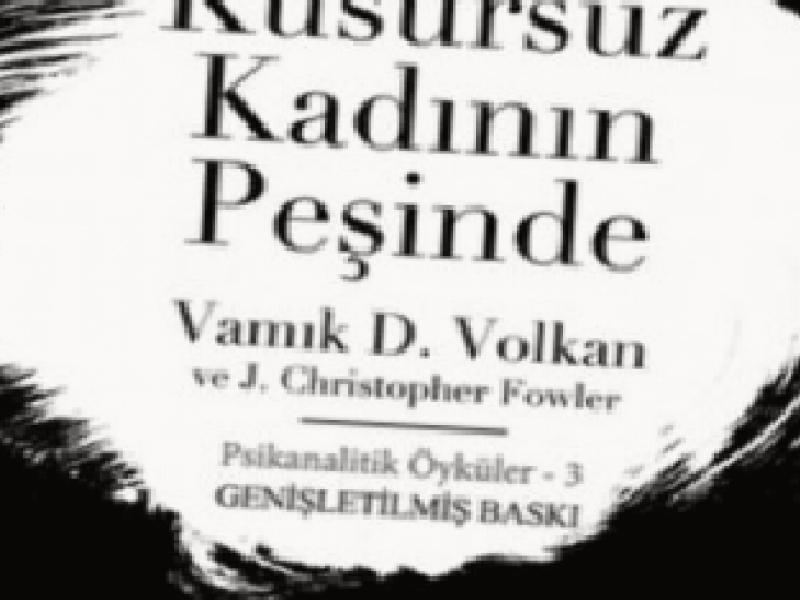In the work, we reach into Hamilton’s past. With Hamilton’s childhood spent with three mother figures instead of a single mother figure, we get the chance to see psychopathologically the consequences of his inability to create an unintegrated mother image. Volkan says that in the normal development of every child, there is something called a “developmental split”, but in people with motherhood experience like Hamilton, the normal developmental split turns into a “defensive split” and turns into a “borderline personality disorder”. Volkan named the situation that Hamilton experienced more than once, “Glass Balcony”. This naming; creates the illusion that he doesn’t need anyone, and describes the denial of the development of addiction. What Volkan noticed was that Hamilton resorted to intellectualization and denied his feelings. That’s why he discussed the concept of “Emotional Continuity” in depth. The concept of resistance was seen as an effort to avoid anxiety, embarrassment and disturbing emotions, not against the therapist. The situations created by anal fixation have taken up an important part of the book and we witness Hamilton’s constant ego exercises. In this way, it is possible to observe the transition from the paranoid-schizoid position in Klein’s theory to the depressive phase quite clearly. We are beginning to see ambivalences in the depressed position frequently. Volkan explains the difference between partition and ambiance quite clearly. Volkan stated that among the obsessions of the oral, anal and phallic periods, analysands often find it normal to jump from one fixation to another, and it is important not to attribute this to the analyst’s failure. The person will want to look at the old repaired situations again by gaining new insights by doing ego exercises. Therefore, he considered it normal to return to analyzed situations. After oral and anal fixations are studied, we see that oedipal fixations are discussed towards the end of the book. We can see the echoes of this in Hamilton’s memoirs when we examine the social reflections of sibling rivalry, incest and oedipal situations and how we identify with important people and that bad events in some society (such as the genocide) can affect people in other nations in the same way, even if they do not belong to that society. Volkan listed for us which phase the analysand went through while the analyst was studying the oedipal phase. We have the opportunity to see the psychological reflections of bad events in the past generations in the new generation, and we understand that mother-child experiences serve as an “incubator” for the developing mind of the child. We have a chance to understand the constructive feature of Hamilton’s grief phase and the very clear expression of Veikko Tähkä.
Chasing the perfect woman- vamık volcano
previous post

